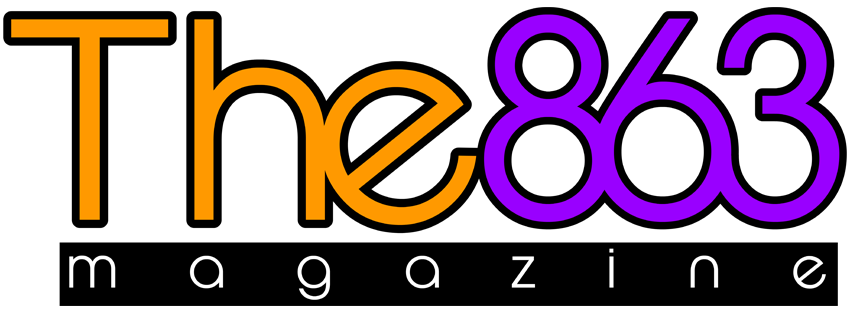Staying Alive: CPR Taught Throughout Polk
By Elizabeth Morrisey
When Vanessa Clayton’s four-week-old grandson started turning blue, she knew that cardiopulmonary resuscitation, commonly known as CPR, had to be administered — and fast. She tried to start CPR and soon a neighbor took over until paramedics arrived.
“CPR saved him,” says Clayton, adding that the baby has Guillain-Barre Syndrome, a rare disorder in which the body’s immune system attacks the nerves.
“He was blue and limp as spaghetti. The hardest thing is to perform CPR on a loved one.” Clayton is grateful to her neighbor who helped get the baby’s color back before the ambulance arrived.
Clayton had CPR training through her job and feels it should be a requirement for everyone. “If you do something, a life can be saved.” Her grandson, Jeremiah, is now four months old and doing fine.
CPR can also help cardiac arrest victims. More than 70 percent of cardiac incidents happen at or near the home, says Cauney Bamberg, interim director of Citizen CPR (CCPR), a local non-profit training organization. “We want the survival rate up to at least 40 percent and the only way to do that is with bystander training.”
Sixty-seven percent of CPR is started by a bystander, Bamberg says. When there’s a time gap before first responders arrive, someone who is trained can help the victim’s survival rate.
“The more we can have trained can make a tremendous difference for the individual,” she says. Last year, Citizen CPR trained or retrained 7,000 people in Polk County. CCPR has about 200 instructors and many are active nurses, paramedics and firefighters.
As a Winter Haven firefighter, Roy Leath has saved about 100 -120 lives using CPR. He has also been a CCPR instructor for 15 years and has trained 3,000 people.
“Arming people with this skill might just help them save someone’s life,” says Leath, a firefighter for 30 years. “There is no class that has the potential to be more important than a CPR class.” He not only teaches classes, but he also trains other instructors.
The initial goal of CCPR was to train 100,000 people, which they met, says Harvey Craven, president of the board. “Early CPR and early use of AEDs (automatic external defibrillator) – within a minute – that’s what is going to save lives. Any form of CPR is important.”
CCPR, which began in 1985, holds a national license with the American Heart Association and the American Safety and Health Institute. The organization offers classes to individuals and groups. “We support the heart association,” says Bamberg. “We get guidance and materials from them. It gives us credibility.
“Our training is high quality,” she explains. “We take it very seriously.” Bamberg is passionate about CPR training because she wasn’t familiar with it and had to watch her father die of a heart attack when she was a teenager. “I don’t want anyone (else) to know the feeling of not being able to do anything.”
Another initiative of CCPR is drowning prevention. The group has a program where low income families can get trained in CPR and then take swimming lessons for free. “There are so many people that can’t afford it,” she says. “The cities love it, so working together helps address the issue.”
According to the Florida Department of Health, drowning is the leading cause of injury death among children ages 1-4 in the state.
Sylvia Rodriguez never thought she would have to perform CPR on her 11-month-old nephew. Before she knew it, he was in the pool and blue when they pulled him out. “I was hoping I could remember infant CPR,” she says. “I tried it and started remembering.”
The first thing she recommends is try not to panic. “If I would have panicked, he would not be alive.” After CPR, he became conscious and his color came back.
Rodriguez says anyone with a child and/or a pool should learn CPR. She was trained six years ago. “You think you’ll never use it, but CPR is what saved (my nephew).”
Citizen CPR teaches CPR classes in various locations around Polk at a cost of roughly $35. A calendar on the website lists times and locations. For more info visit CitizenCPRInc.com.
